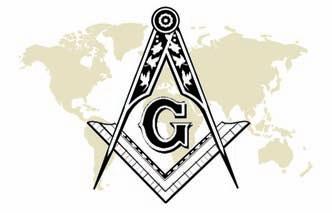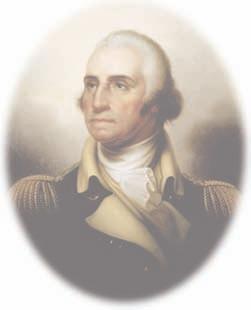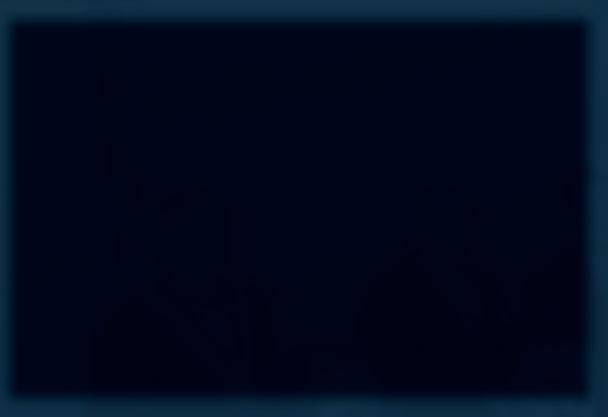GEORGE WASHINGTON, THE MAN
George Washington, The Man O
ver the years there have been countless commemorations of our illustrious forefather, George Washington, our first president and the commander-inchief of the Continental Army – that miniscule force that won freedom for this country. Yes, the life of that great man has been told and retold. It’s my hope that this article will help add a new dimension to our collective appreciation of Washington, the man. This concept of Washington, the man, is stressed because he was like all of us – mortal in every sense of the word. We should honor him, emulate him, and appreciate his great contributions to his nation and to mankind. But we should always remember that he was, in the last analysis, only a man. Why then do we pay him such great homage? The answer may be that Washington was the most distinguished man of his time. Furthermore, he was a distinguished man who fully appreciated his relationship with the Grand Architect, one who understood his role as an apprentice laborer in the quarry of the master.
Walter R. Hoenes,
Past Master
grew more and more contentious. Historians tell us that Americans at that time were as disunited then as any group of people could possibly be. They had no unity of purpose, few agreed goals, and even on those objectives supported by a majority, there was disagreement as to how they might be achieved. At the time that Washington took over command of the Continental Army -- a rag tag outfit if ever there was one – the cause of independence was almost hopeless. Many, in fact, supported the Tory cause, and in good conscience. Washington was the underdog of all underdogs. Really he was an American David, or Gideon, a warrior who put his trust in God. There was no one else to whom he could turn.
This great man
spent his entire life
One wonders what Washington would think if he could see us today. Many of us are prone to look upon the social developments of our day with alarm and apprehension. We seemingly have lost our equilibrium, and in the process, we have begun to suspect each others motives, to distrust our most cherished institutions, and to fear for our safety in a world that daily grows more complex and terrifying. If our times seem grave, what would we have thought had we lived in the era of Washington and the other founders? Consider the perspective shared by Washington and his colleagues.
The ultimate capitulation of the British, did not, as some had hoped, lead to the harmonious unification of the colonies. Instead, with the end of the war, it seemed that everyone gave full time to the cultivation of his own special, selfish, and parochial interests. In time, Washington was called upon once more to smooth the waters of discord, when in 1787 he was summoned to Philadelphia to chair the Constitutional Convention. His character and reputation once more became the stabilizing rudder for a group that seemingly wanted to go in several directions at once. He answered the call of his country, yet again, by serving as its chief executive under the new Constitution. Truly, if it had not been for this man Washington, the fledgling republic, from which our nation evolved, might never have been born; even in the joy of military victory, many of our ancestors were locked in a selfish economic and political struggle.
Our country in the eighteenth century was a weak little outpost of western civilization, a land believed to contain immense wealth, for which the great powers vied over the course of many decades. War was a constant threat on the western frontiers, and with every passing year, relations between the several colonies and the mother country
Perhaps you are asking the same question as I am: why did the colonists turn to Washington when they faced these great challenges? Personally, I am of the opinion that Washington was chosen by his countrymen because they trusted him, and they trusted him because of his selflessness, his humility, and his dedication to duty and
doing his duty in an
attempt to establish a better society.
The Voice of Freemasonry
6







